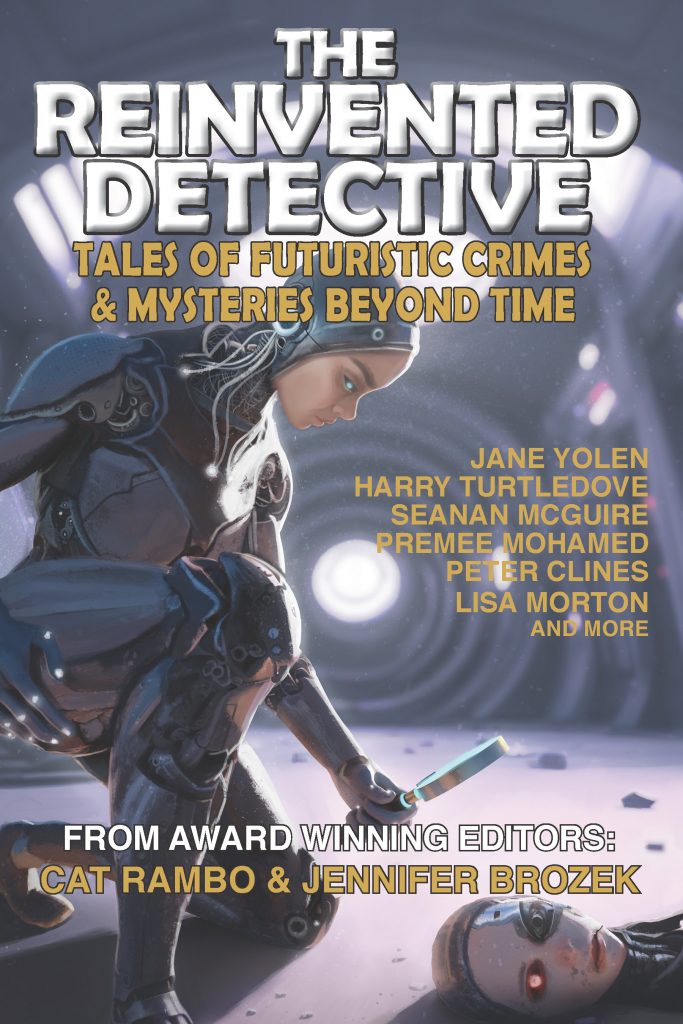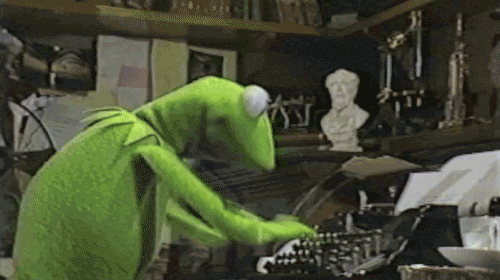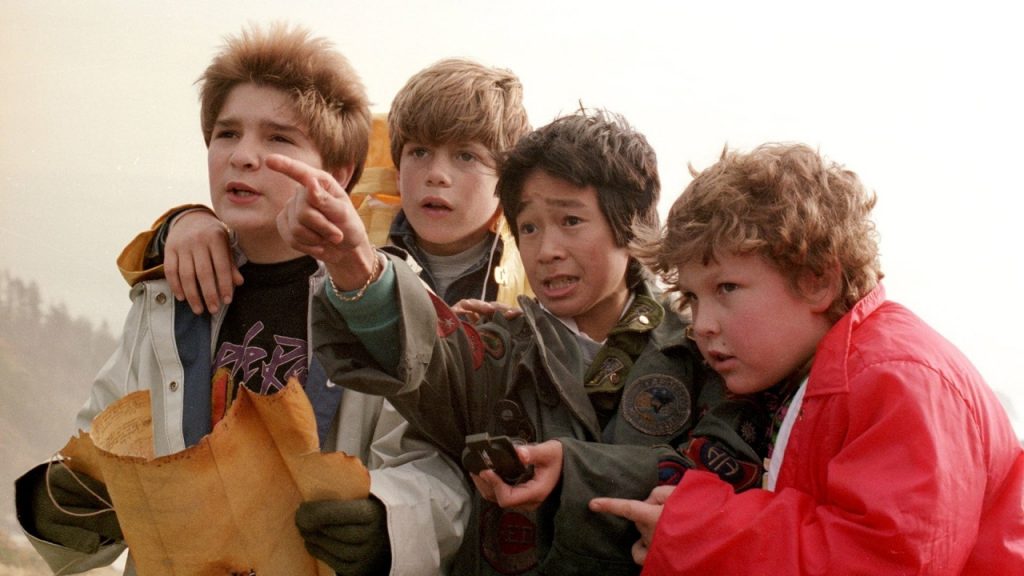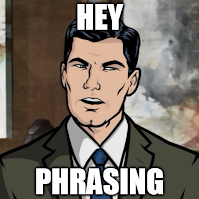Well, there’s less than a hundred hours left in the year. Guess it’s finally time to do one of those end of the year wrap up posts. Take a moment, look back, and see what got done this year.
So… what did I get done this year?
First off, this was a very crap year for me, focus-wise. Some of you have heard me complain about this in the newsletter. We had construction on three sides of us (like, right next door) basically from early April until late October. Power tools, guys shouting, music loud enough so they could hear it over the power tools and shouting. Plus stress-watching them rip out all the surrounding landscaping. Mature trees, bushes, lawns on either side… all gone. Road crews ripping up the street, the parking strip, the sidewalk, and even the edge of our lawn. From my office I had a front row seat to see a lot of the landscaping I’ve spent years working on get ripped out so the city could put an access ramp five feet from my driveway. It honestly got so bad we had a few discussions about moving.
But now it’s over.
Hopefully.
All that said… The first few months of the year were me finishing off the book I’ve been referring to as GJD. It’s currently the biggest thing I’ve ever written. It has a very large cast of characters. We’ll be talking about it more in a few paragraphs…
Then I dove into my new project, currently called TOS. I spent a lot of the summer on this one. It’s probably going to be huge too. It’s currently close to 60K and feels like it’s just getting fired up. Hoping to get back to it in the next week or two. Why? Well, keep reading…

I also wrote three short stories this year. I don’t do a lot of short stories these days, but all of these anthologies tickled me just right. Altogether that was probably four weeks of work, writing, editing, polishing, all three of them. And two of those anthologies are already out (I may have mentioned them once or twice or thrice or…)
Anyway, about September or so my agent and I had a talk about GJD and some of, well, the issues it had. And at this point I’d been away from it long enough and worked on enough other things to see… yeah, it had some issues. And in all fairness, some of my early readers had mentioned these issues and I’d sort of brushed off their comments as “they don’t understand my brilliance!” So this was also a bit of cold water in the face for me. It’s okay. I think it’s a good thing for most of us to get that splash in the face now and then so we can sit back and reassess a bit.
So I spent the past few months doing a… well, not quite a page-one rewrite of GJD, but rewriting a lot of it. A few characters were re-envisioned (which changed a bunch of things). A few chapters were completely deleted (which changed a bunch of things). A few new chapters have been written (which also changed a bunch of things). As I’m writing this for you right now I think there may be… two weeks left on it? Maybe a little less. Regardless, as I mentioned above, hoping to have it back to my agent at the start of the year and then I get back to TOS and hopefully you get to read them all sometime soon.
Also this year I had my assorted blogs/pages consolidated into this one website and got the ranty writing blog back up and running. If my math is right, I’ve done forty-five posts here this year. Not bad, considering I didn’t do any until April.

And I’m still doing the newsletter. Thirteen of those went out. More-or-less once a month updates about what’s going on with the writing and other stuff in my life. Cool things I’ve been watching or reading, cool toys that’ve made their way to my desk, and so on. Once a month, because let’s be honest—you don’t have time to read a dozen different newsletters every week. How many of them just turn into spam and never get opened? So if you haven’t already, feel free to sign up and let me not clutter your mailbox sometimes.
It’s probably worth mentioning I also read twenty books this year. Not fantastic. Better than last year. I refer you to the previously mentioned concentration-shattering noise and would also mention that one of these books was a monster about three or four times times the size of an average book.
So that was my year. How about you? Did you get as much done as you’d hoped? Are you happy with what you did get done? Remember, don’t beat yourself up about it. People work at different rates, write at different speeds. What really matters is you got something done.
And I think that’s it for you and me and 2023. As always, many thanks for being here. I hope this past year I’ve maybe helped you work through a few things, writing-wise, and if not… well, I hope I’ve been mildly entertaining.
See you in 2024.
Until then, go write.





